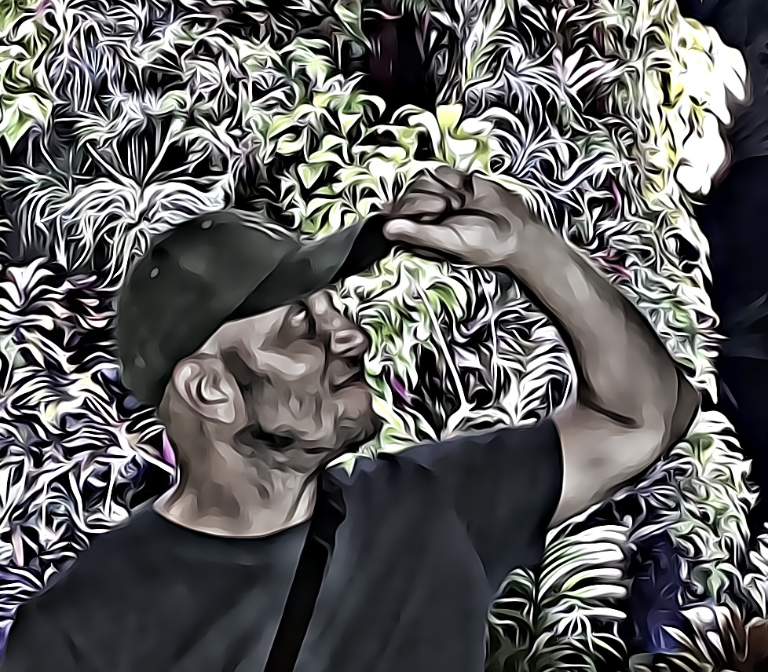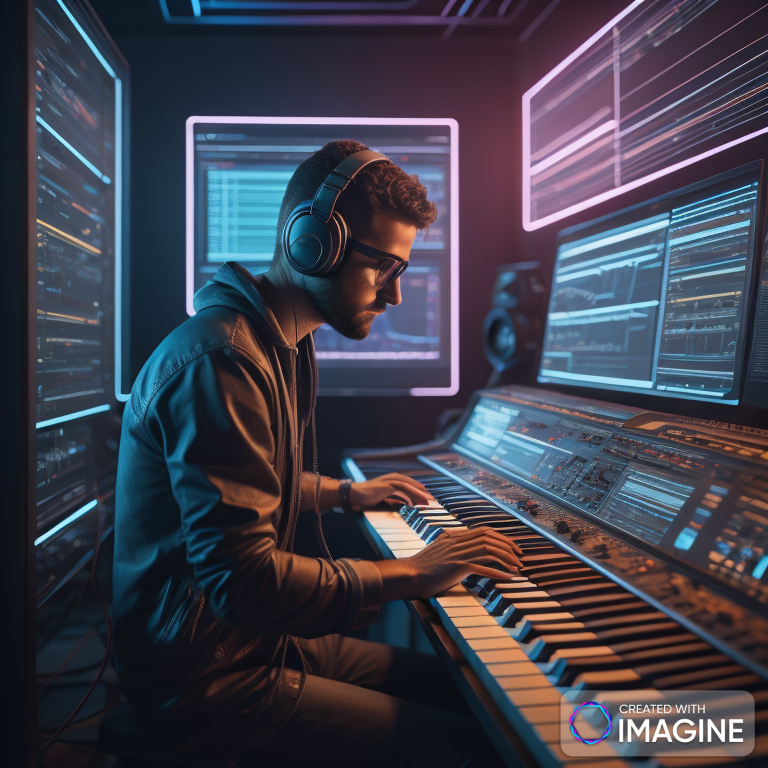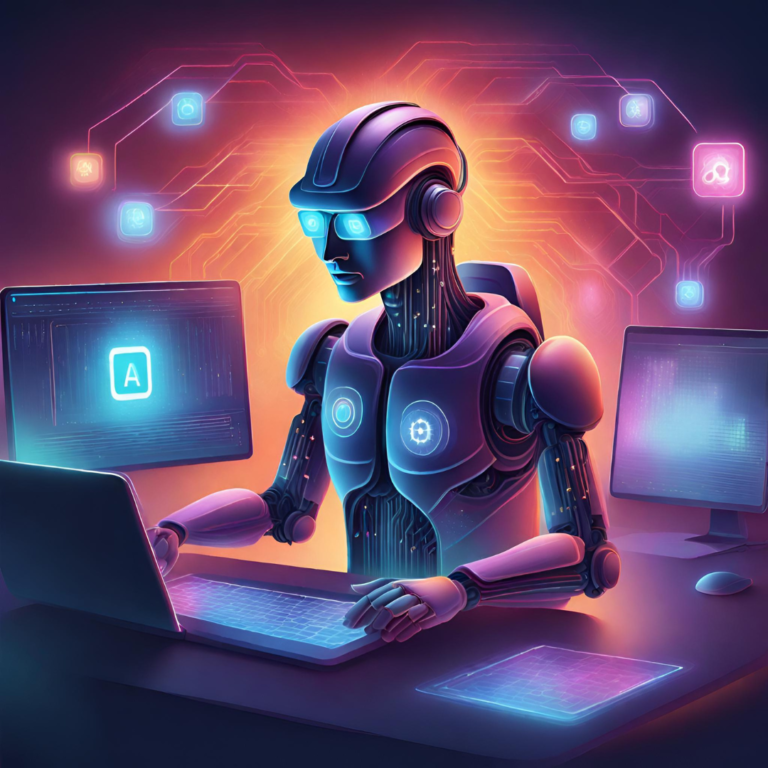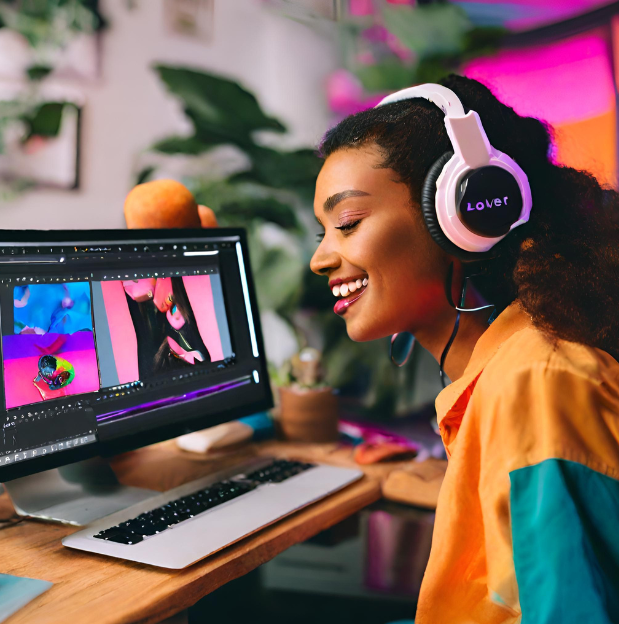In today’s digital age, artificial intelligence (AI) has become a game-changer in various industries, including music production. Musicians and producers are increasingly harnessing the power of AI to assist them in creating music, from generating lyrics to producing melodies and even handling mixing and mastering. In this guide, we’ll take you through the process of crafting a complete hit song using AI and provide links to relevant tools and platforms.
1. Lyrics Generation: Unleash AI Creativity
To kickstart your songwriting process, consider the power of AI-powered natural language processing (NLP) models. OpenAI’s GPT-3 or its more advanced version, GPT-4, can generate lyrics based on themes or keywords you provide, helping you brainstorm and refine your song’s message.
2. Melody Generation: AI Composers at Your Service
AI has evolved to create original melodies that perfectly complement your lyrics. Explore tools like OpenAI’s MuseNet or Google’s Magenta Studio for melody generation. These platforms provide diverse and creative musical ideas.
3. Arrangement and Production: AI as Your Virtual Bandmate
When it comes to arranging and producing your song, AI can serve as your virtual bandmate. Platforms such as Amper Music and Aiva offer AI-driven composition and arrangement services. They can help you add instruments, create beats, and structure your song effectively.
4. Vocal Generation: Singing with AI
For vocals, AI vocal synthesis models come to the rescue. Consider tools like OpenAI’s DALL-E and iZotope’s VocalSynth. These tools can generate realistic vocal tracks that match your lyrics and melody.
5. Mixing and Mastering: AI for Sonic Perfection
After composing your song, it’s time to mix and master it to perfection. AI can assist with this, too. Services like LANDR and Auphonic can automate the mixing and mastering process, ensuring your song sounds polished and professional.
6. Feedback and Refinement: The Human Touch
While AI can generate elements of your song, remember that human intervention is crucial to review and refine these elements to align with your artistic vision. AI-generated content often benefits from the human touch to improve coherence and emotional depth.
7. Testing and Feedback: Building a Hit
Share your AI-generated song with a test audience to gather feedback. Use this feedback to make necessary adjustments and ensure your song resonates with your target audience.
8. Promotion and Distribution: Bringing Your Song to the World
Once you have a complete song, it’s time to promote and distribute it. Utilize traditional music distribution channels like online streaming platforms, social media, and consider collaboration with music labels to help you reach a wider audience.
While AI can be a powerful ally in your music production journey, it’s important to remember that creating a hit song often depends on factors such as creativity, emotional resonance, and market trends, which are challenging for AI to predict accurately. Moreover, the ethical considerations of using AI to create art, such as originality and authorship, should be taken into account.
In conclusion, AI can be a valuable tool in your music production toolkit, but it’s most effective when used in collaboration with human musicians and songwriters who bring their creativity and unique perspectives to the project. By combining the capabilities of AI with your creative vision, you can increase your chances of crafting a hit song that resonates with listeners worldwide.




